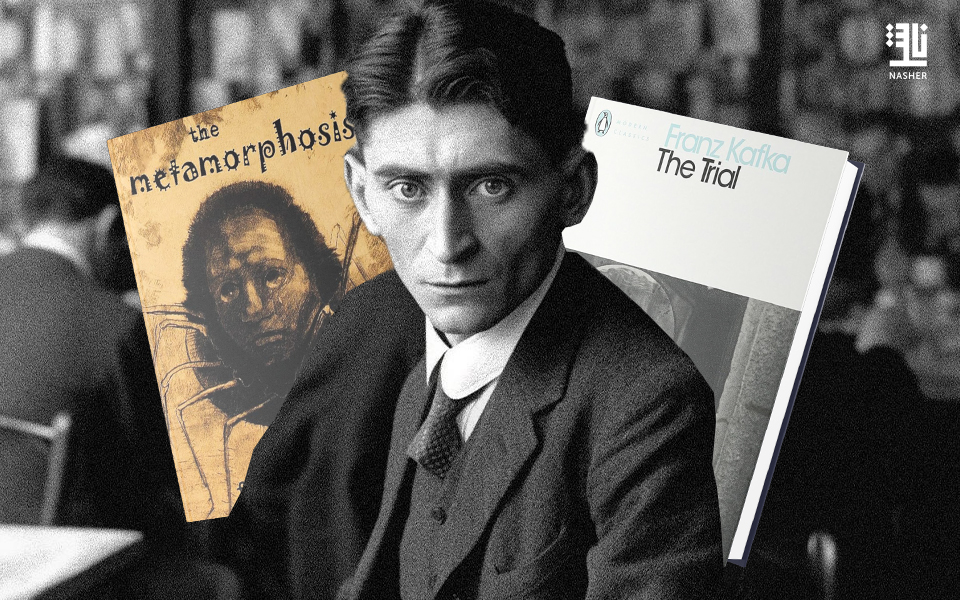Franz Kafka, one of the most enigmatic and influential writers of the 20th century, is often regarded as the voice of modern existential anxiety. His works, particularly The Trial and The Metamorphosis, reflect the alienation and absurdity of life in an increasingly bureaucratic and impersonal world.
In The Trial, Kafka explores the theme of helplessness within a vast, faceless system. The protagonist, Josef K., is arrested for a crime he is never told about and is subjected to an endless, opaque legal process. The novel encapsulates the frustrations of navigating bureaucracies, a theme that resonates in contemporary discussions on the dehumanizing effects of modern institutions. Kafka’s portrayal of oppressive systems has made The Trial a timeless allegory for those who feel overwhelmed by the complexity and impersonal nature of contemporary life.
In The Metamorphosis, Kafka delves into the theme of personal alienation. The story of Gregor Samsa, who wakes up one morning to find himself transformed into a giant insect, highlights isolation from feeling out of place in society or within one’s own family. Samsa’s transformation serves as a metaphor for the disconnect between individual identity and societal expectations, a struggle many still grapple with today.
Kafka’s fiction is often described as “Kafkaesque,” a term used to refer to situations that are nightmarishly complex, absurd, or illogical. His works capture the existential dread of living in a world that seems indifferent to human suffering and frailty. The anxiety Kafka portrays is not just personal but systemic, reflecting the fears and frustrations of modernity.
Kafka’s ability to articulate these themes has made his work resonate with readers across generations, as his exploration of the absurdity of existence and the dehumanizing effects of modern life continues to speak to the human condition.







